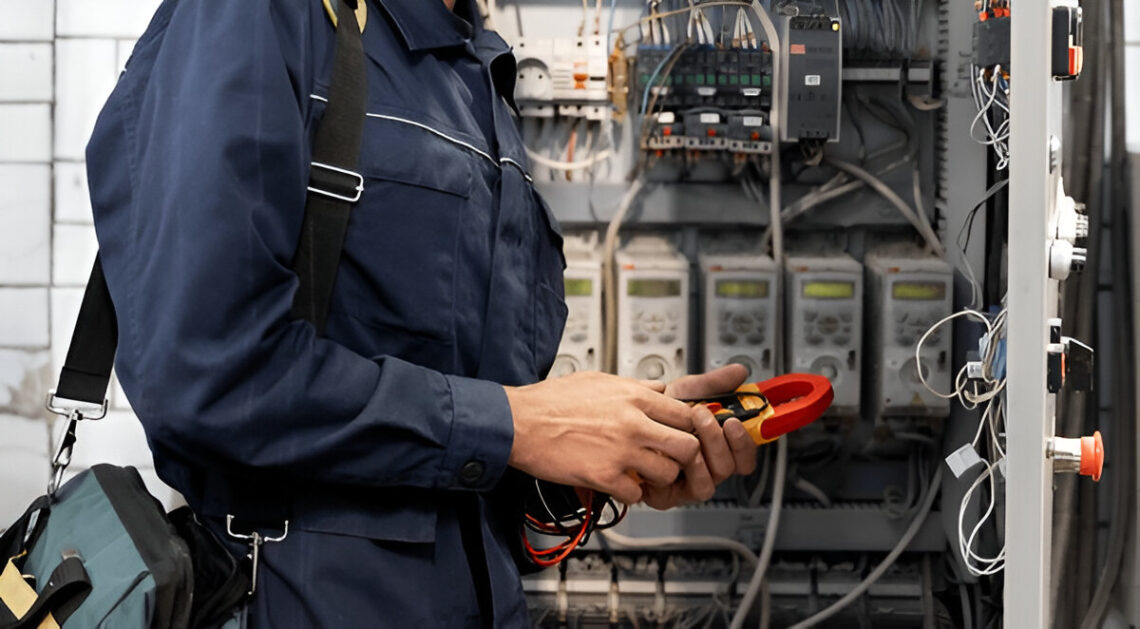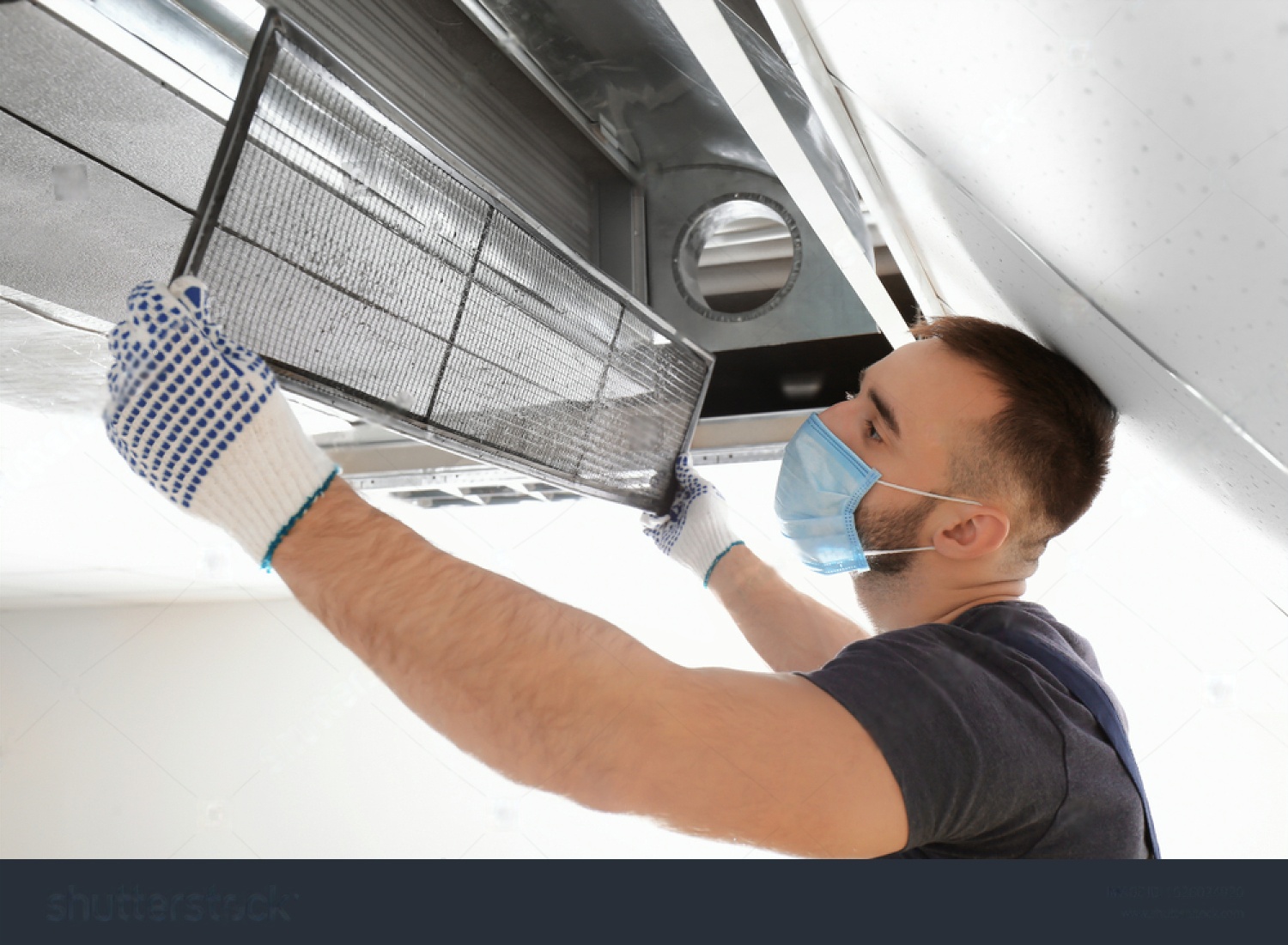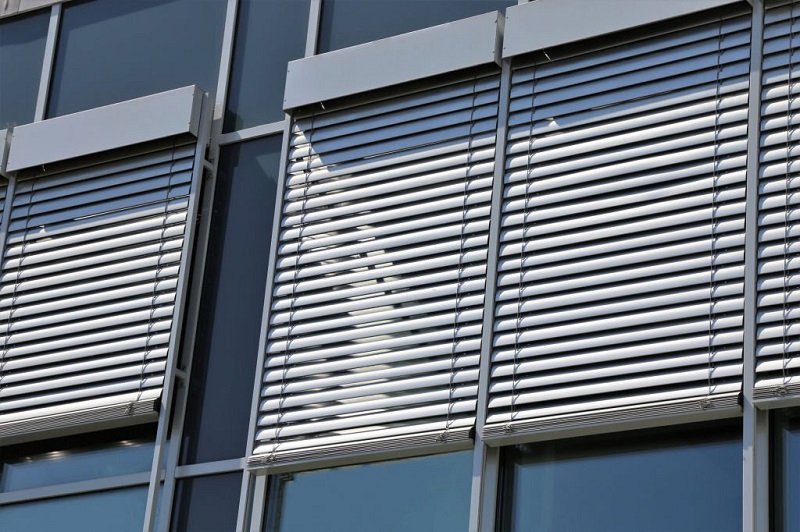
Why Regular Electrical Inspections by an Electrician Are Crucial
Does the thought of electrical inspections strike intrigue in you? Or is it a topic you’ve avoided, under the misleading impression that once your home’s electrical system is installed, there’s no need to check in on it regularly? The reality is, even after being initially installed and checked, it is crucial to keep an active eye on your home’s electrical system and seek electrical inspections by a professional electrician on a regular basis.
You might be wondering, what exact benefits do these regular inspections provide? Or, when should you have these checks done? Worry not. In this blog post, we dive deeply into the importance of regular electrical inspections, the signs that it’s time for one, and the advantages or difficulties that you might encounter along the way.
Read on as we debunk misconceptions, equip you with vital information and navigate the do’s and don’ts of electrical inspections. If you have ever considered taking a closer look at your home’s wiring, this is a must-read for you.
Regular Electrical Inspections Vital
Have you ever experienced a sudden power failure, unexplained surges, or even worse, a spark from your sockets? If yes, then you can understand the underlying importance of having regular electrical inspections. Unforeseen electrical faults can pose a serious risk to both your property and your safety. Investing in routine checks can prevent expensive long-term damages and even save lives.
Consider professional electrical inspections as your preventive method of keeping your system safe, functional, and efficient. From the risk of fire to faulty wirings, regular inspections can provide you with a detailed analysis of your home’s electrical state, ensuring you stay ahead and remediate potential dangers before they escalate.
Continuous checks will also ensure your system adheres to established electrical and safety codes. More so, in case you plan to sell your property, an up-to-date inspection code will prove beneficial and can increase the value of your home.
When Should You Have These Inspections
For many, it remains unclear as to exactly when these inspections should be scheduled. Generally, it is advised to have your home’s electrical system inspected at least every three to five years. For older homes, this interval should be shorter.
Similarly, significant changes to your home such as renovations or extensions also merit an electrical inspection. Furthermore, if you’re aiming to purchase a new property, having an inspection before finalizing the deal can help comprehend the existing condition of the property’s electrical system and avoid future surprises.
Lastly, unusual electrical events like frequent power surges, fuses that blow recurrently or sockets that spark, are strong indicators of an impending electrical problem. If you experience any of these, it’s time to call in a professional electrician for an inspection.
Deciphering the Pros and Cons of Electrical Inspections
While the benefits of regular electrical inspections are numerous, it’s also essential to understand the other side of the coin.
- Safety: Regular inspections by a professional can drastically decrease the probability of electrical fires or shocks.
- Legal Compliance: Regular inspections will help ensure your home stays within the jurisdiction’s electrical safety regulations.
- Preventive Measures: Inspections can help identify issues before they evolve into significant problems.
Who Should Do These Inspections
Always remember that electrical inspections should be performed by licensed electricians. These professionals have the necessary training, experience, and tools to carry out these inspections accurately and safely. Informal inspections by inexperienced individuals can be hazardous and the deficiencies unnoticed.
What to Expect During an Inspection
Upon scheduling an appointment, an electrician will meticulously inspect your home’s electrical setup. They will check the wires, outlets, switches, appliances, and the panel. The inspector will also verify if your home adheres to the stipulated electrical codes, documenting any issues they find.
Upon completion, the electrician will provide a detailed report of the inspection, including the detected issues and recommended fixes.
Conclusion
In essence, regular electrical inspections are a paramount part of maintaining a safe and efficient home. They might seem like an added chore or expense, but the reality is that they can save you from hefty costs, potential dangers, and provide peace of mind.
So, it is always wise to set aside some time and resources to ensure your home’s electrical system is inspected consistently by an accredited professional electrician. By understanding the importance of electrical inspections, acknowledging the right time for them, and realizing the inherent pros and cons, you’ll be well-equipped to maintain an environment that’s safe and efficient necessitating fewer fixes down the line.
You May Also Like

The Essential Guide to Eye Tests
June 24, 2023
Why would you choose an air conditioning system for your home?
June 16, 2023


